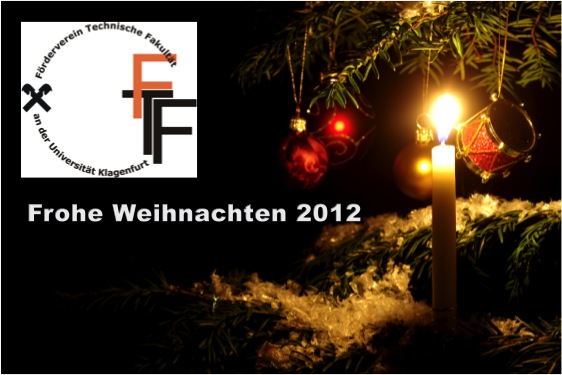Abstract: Cloud computing and the increasing variety of services offered over the internet have created interesting new challenges for security, ranging far beyond classical goals like confidentiality, integrity, authenticity or availability. Protection of data nowadays extends data confidentiality to the protection of identities (ownership and user behavior) as well. This duty of anonymization is mostly up to security infrastructures and new cryptographic primitives. The respective infrastructure design processes cannot be reduced to a humble assembly of cryptographic building blocks, but must cover for aspects of risk management and the interplay of security components. Handling these matters calls for a deep understanding of how cryptography supports and determines system security. Besides, security cannot be achieved by cryptography alone, and techniques from
cryptographic primitives.
CV: Stefan Rass works in the System Security Research Group at the Alpen-Adria-Universität Klagenfurt. He received a PhD in mathematics for his research in information-theoretic security and risk management, with applications in Quantum Cryptography. His main research interests cover classical cryptography, as well as the design of security infrastructures and security risk management.





